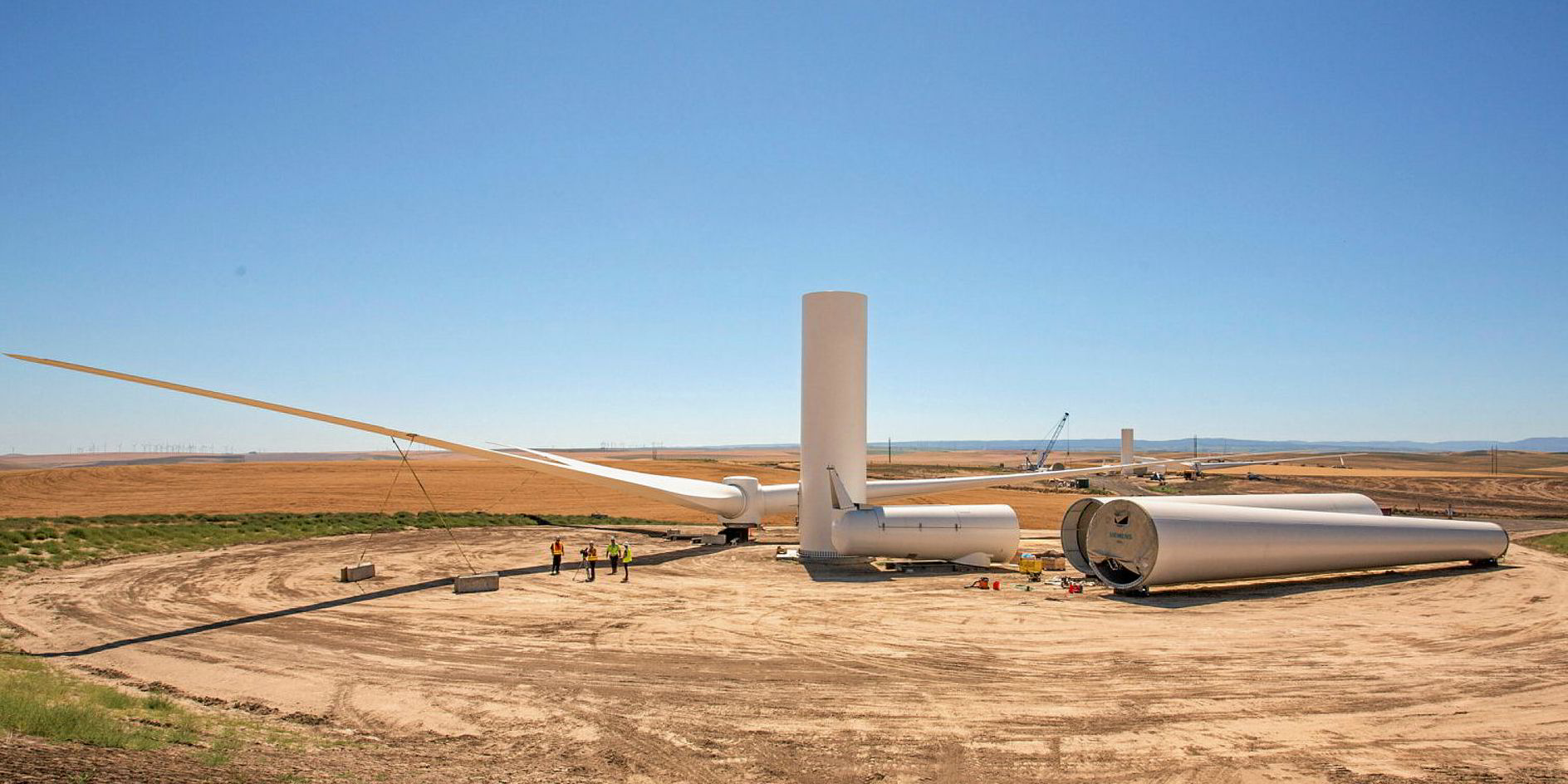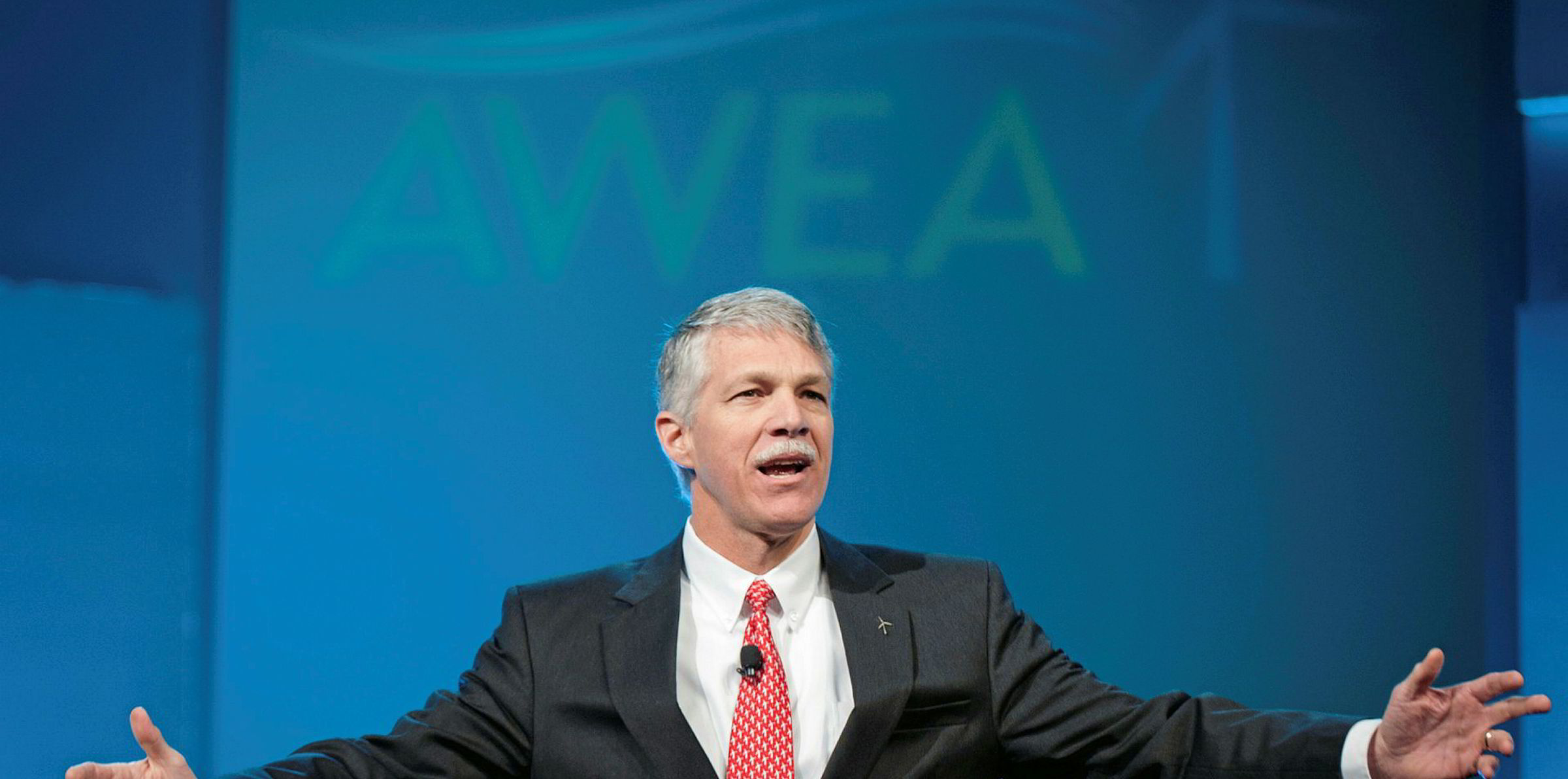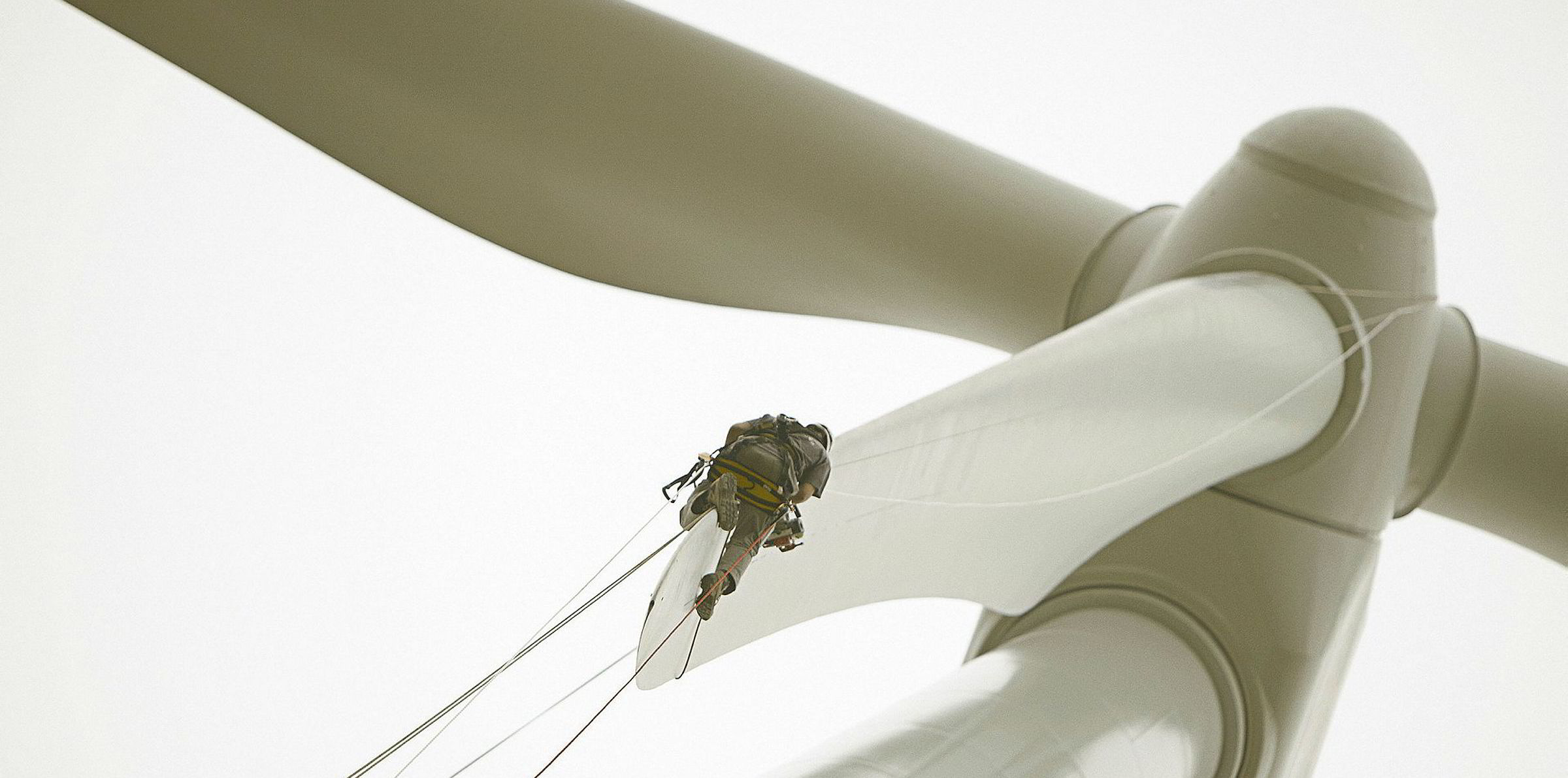The recent announcement by the US government of a one-year extension for projects under construction to qualify for 100% or 80% of the production tax credit (PTC) system is a welcome relief for many wind project sponsors striving to meet their deadlines.
This extension —which at 100% provides a benefit of $0.025 per kWh generated in 2020 – applies to projects that started construction in 2016 and 2017 and gives developers five years rather than four to complete the build. (The PTC lasts for ten years per project and the value is adjusted for inflation.)
However, concerns remain that unless further support is provided to wind and solar developers, more and more projects will fall behind due to a combination of delays caused by Covid-19 and the record-breaking number of projects that were already aiming to start construction before 31 December 2020 in order to qualify for 60% of the PTC value. No extension to the 2020 deadline has been approved.
Given the PTC is still due to be phased out at the end of 2020, the 31st December deadline represents a huge incentive for project sponsors to bring forward construction timelines and as of the end of April a record 4.1 GW of wind construction had commenced.
When applying the two faces of the Covid-19 coin — labour constraints and supply chain backlogs — to the challenges of wind project construction in the US, it is hardly surprising that both project sponsors and trade bodies are calling for further government assistance, including cash payments in place of the tax credits, and a lifting of import tariffs for wind equipment.
Without more help, fears remain that many contractors will be put under increased pressure to meet new project timelines which could result in corners being cut on quality and safety.
This is a key concern for the insurance sector. Luke Longcroft, executive vice-president of Capital Consulting International, remarks that construction timelines for renewable projects in the US are typically constrained by the start of winter in northern states, and the summer hurricane season further south.
“As a result, a two-week delay picked up by an engineering, procurement and construction (EPC) contractor or wind turbine supplier as a result of Covid-19 may balloon into a multiple-month delay to the project completion, if it takes the planned completion date of the project into a site closure period.
“With the added pressure of a 31 December 2020 commencement deadline for the 60% PTC value, contractors are looking at ways to accelerate construction which increases the risk profile for the project. This could lead to a greater likelihood of accidents, insurance claims and further delays to the project completion.”
This can become a vicious circle. Delays may be exacerbated if the EPC’s usual skilled labour force is unavailable due to stay-at-home restrictions in their home state, at which point the opportunity to use less experienced sub-contractors located closer to the site could become too great to pass up.
However, if the new subcontractor’s standards on health and safety and quality are not up to spec, accidents become more likely and the risk landscape has suddenly changed drastically for both the insured and the insurer.
The same may apply to turbine installation contractors having to consider less experienced crane and logistics companies. Crane companies, already a hot commodity going into the 2020 construction season in the US, may suddenly become scarce when sites re-open after lockdown and scramble to make up lost time.
To avoid incurring penalties for project milestones being missed, EPC contractors may be able to claim an “extension of time” under the force majeure provisions in their contracts. Those who are already struggling to meet tight contract deadlines driven by the PTC expiration date may find the situation exacerbated by delays caused by Covid-19 and be tempted to over-state the impact of the latter in order to make a stronger case for a force majeure claim.
As Longcroft points out: “The best way to manage these situations is to carry out independent construction progress monitoring from the very start of a project. The transparency provided by the monitoring ensures all parties to the contract understand the reasons for any delays, and the potential impact to the completion date, as they are occurring.”
Whether or not Covid-19 qualifies as a force majeure event is dependent on the individual wording of each contract and is therefore not a done deal. If it does not, EPC contractors may instead be forced to bear the cost of accelerating the project schedule themselves in order avoid a delay to the project handover date, aka a “delay in start-up”.
Whilst insurance claims for a “delay in start-up” during construction typically require a physical damage trigger (eg, damage caused to a turbine blade by mishandling) to be valid, insurance carriers are keen to ensure that the insured acts in a prudent manner and plans ahead to manage any increased construction risk imposed by Covid-19 related delays. A good example of prudent planning is the use of “critical path schedules” within the EPC contract, which obligates the EPC contractor to progress other activities on site if labour or supply chain holdups have put some tasks on hold.
It is recognised, however, that given the twin pressures of a looming PTC deadline at the end of this year and both sides of the Covid-19 coin, contractors in the US may have fewer and fewer options available to them without further relief from the government.
Daniel Stevens is a risk engineer in the renewable-energy department at Axis Insurance





